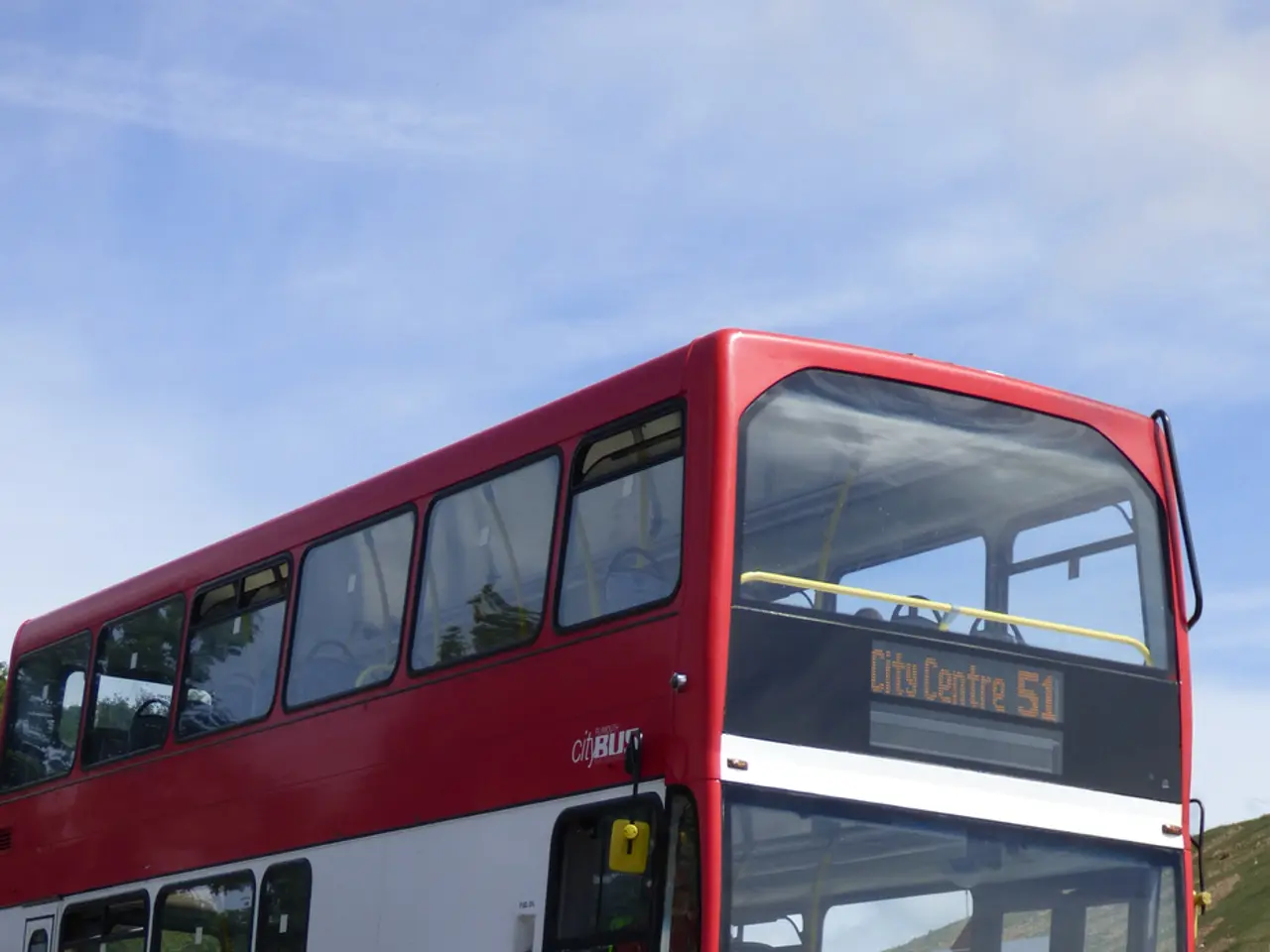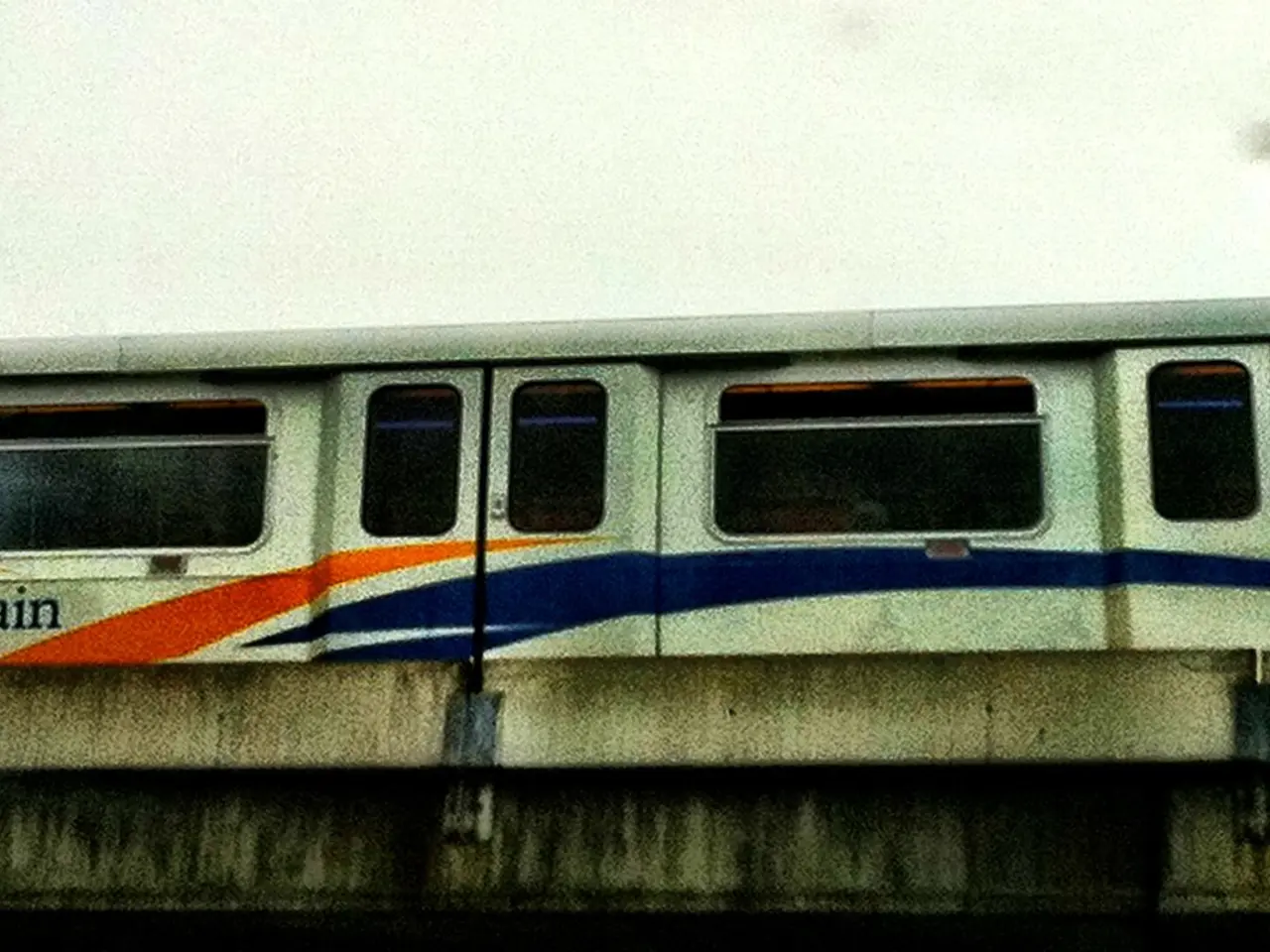Railways preventive actions have been implemented to avoid disruption due to the incident.
Hamburg to Berlin Railway Line Closure for Extensive Renovation
The Hamburg to Berlin railway line will be closed for renovation from August 1, 2025, to April 30, 2026. This closure will impact over 180 km of track in three sections: Hamburg–Büchen, Büchen–Dergenthin, and Dergenthin–Berlin. The project will affect around 470 trains daily, causing significant disruptions for passenger and freight traffic.
Reroute Plans and Travel Arrangements
Long-distance services between Hamburg and Berlin will be diverted via alternative rail routes, resulting in longer journey times due to detours. Passenger travel time is expected to increase from a typical 90 minutes to over two hours or potentially longer.
Trains to and from Rostock and Stralsund will be rerouted via Lübeck. Regional rail services along the corridor will be replaced by a comprehensive bus substitution system with more than 170 buses running to cover affected sections.
Real-time travel updates and departure information will be provided through DB Navigator, bahn.de, and regional transit apps to aid passengers during the closure.
Impact on Passengers
Passengers should expect major delays and altered schedules due to the complete closure. Many commuters will face extended travel times and route changes for the full nine-month period. ICE and IC trains will run only once an hour instead of every 30 minutes during the renovation.
Deutsche Bahn emphasizes that this closure is necessary to deliver critical upgrades, enabling faster, safer, and more flexible rail operations after the renovation.
In summary, commuters will need to rely on lengthy detours by train for long-distance travel and a robust bus replacement network regionally, resulting in increased travel times of at least 30 minutes to over an hour, depending on the specific service and detour taken.
The extensive renovation of the Hamburg to Berlin railway line will cause significant disruptions not only for passenger transport but also for the public-transit industry, as over 470 trains daily will be affected. In the finance sector, unexpected costs might arise due to increased transportation for both passengers and freight.
Deutsche Bahn's reroute plans include longer journey times and the use of alternative transport methods like buses for regional rail services, which may lead to increased costs in the transportation sector.




